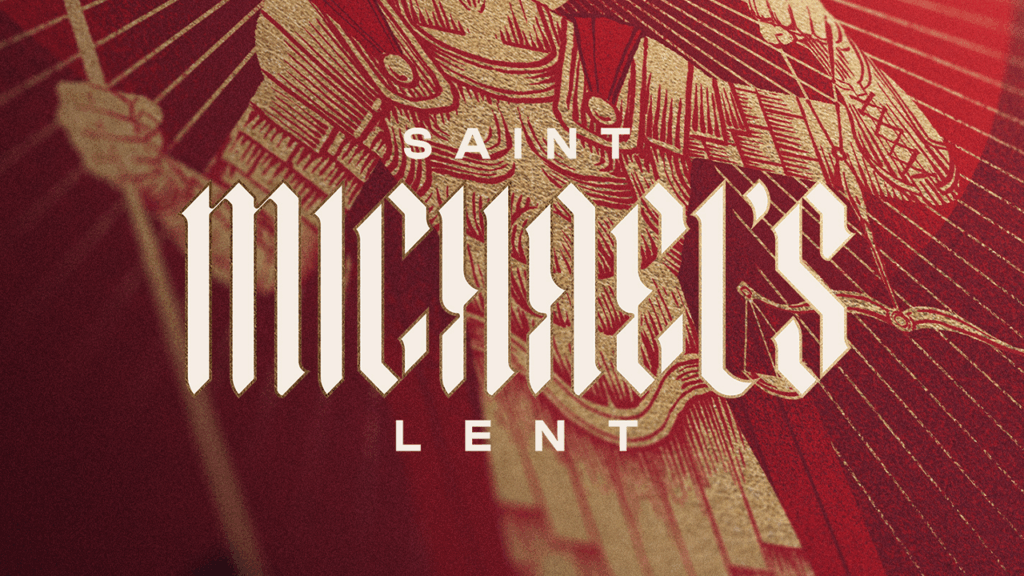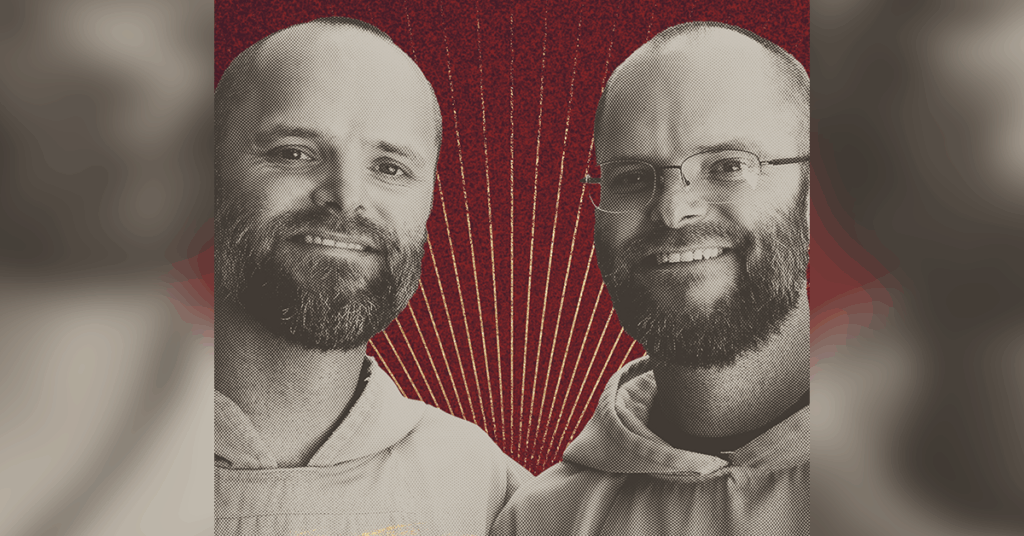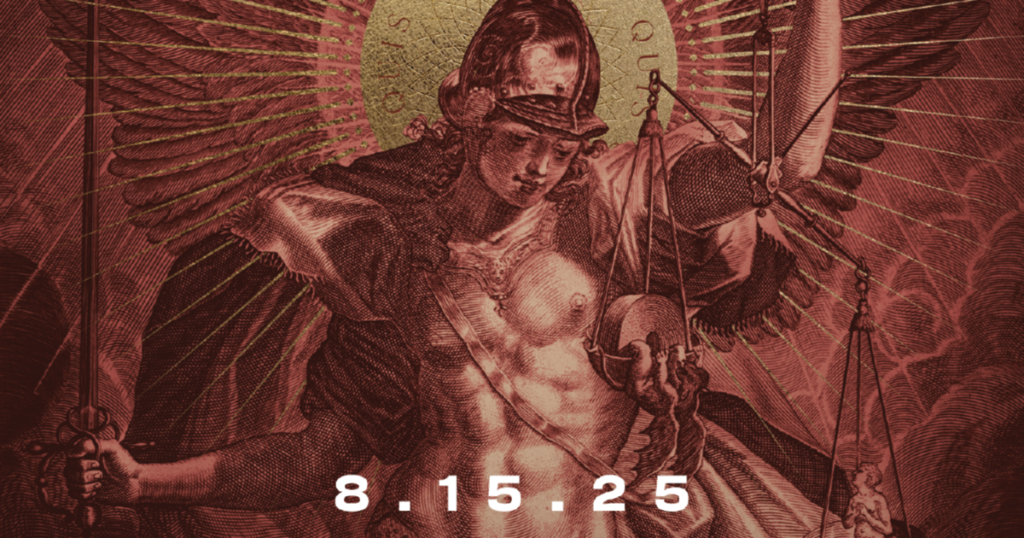A Reading from the Book of Genesis
Then the eyes of both were opened, and they knew that they were naked; and they sewed fig leaves together and made themselves aprons. And they heard the sound of the Lord God walking in the garden in the cool of the day, and the man and his wife hid themselves from the presence of the Lord God among the trees of the garden. But the Lord God called to the man, and said to him, “Where are you?” And he said, “I heard the sound of you in the garden, and I was afraid, because I was naked; and I hid myself.” He said, “Who told you that you were naked? Have you eaten of the tree of which I commanded you not to eat?” The man said, “The woman whom you gave to be with me, she gave me fruit of the tree, and I ate.” Then the Lord God said to the woman, “What is this that you have done?” The woman said, “The serpent beguiled me, and I ate.”
The Lord God said to the serpent, “Because you have done this, cursed are you above all cattle, and above all wild animals; upon your belly you shall go, and dust you shall eat all the days of your life. I will put enmity between you and the woman, and between your seed and her seed; he shall bruise your head, and you shall bruise his heel.” To the woman he said, “I will greatly multiply your pain in childbearing; in pain you shall bring forth children, yet your desire shall be for your husband, and he shall rule over you.” And to Adam he said, “Because you have listened to the voice of your wife, and have eaten of the tree of which I commanded you, ‘You shall not eat of it,’ cursed is the ground because of you; in toil you shall eat of it all the days of your life; thorns and thistles it shall bring forth to you; and you shall eat the plants of the field. In the sweat of your face you shall eat bread till you return to the ground, for out of it you were taken; you are dust, and to dust you shall return.”
Reflection
The necessary condition for entering into a communion of persons is what Pope St. John Paul II calls “original nakedness.”
This is the personal transparency that allows the inside to be reflected on the outside.
It is what enabled Adam to see Eve’s heart when he first beheld her: “This at last is bone of my bones and flesh of my flesh” (Gen 2:23).
He was able to look into her eyes and see a heart with a story—another one who had the capacity for original solitude.
All of that was immediately visible to him because of her original nakedness.
This is speaking about physical nakedness but it is deeper than that.
It is describing a kind of transparency by which the person’s heart (interiority) is visible through his or her face, posture, voice, words, gestures, etc.
It is naked because it is not covered with a mask—neither with dead plants (fig leaves, cotton, etc.) nor with dead animals (leather, wool, etc.).
Only the human heart of the human person is visible.
It is even unselfconscious—Adam and Eve did not realize they were naked.
They simply wore their hearts on their sleeves, we could say.
This original nakedness was lost to original sin.
No longer unselfconscious, no longer able to let themselves be seen, they hid themselves and covered themselves.
They made excuses and they placed blame, including on each other, on the serpent and even on God.
Today we call these “defense mechanisms” or “protectors.”
Adam and Eve now knew the potential price of nakedness.
No longer unaware of their nakedness they now knew it was a risk.
Original nakedness was gone and our experience of nakedness changed.
With the knowledge that we can be wounded if we expose our hearts, we describe this experience as vulnerability.
Vulnerability comes from the word “vulnera,” which means “wounds” in Latin.
Adam and Eve knew that without their defenses they were “woundable.”
With our defenses in place, we now need to make a conscious choice to enter into a communion of persons—we must choose to be vulnerable.
And we know now—in fact we feel it spontaneously and recoil from it—that if we are vulnerable we can be wounded by betrayal.
A new experience was introduced for Adam and Eve.
This spontaneous feeling with its impulse to hide ourselves is called “shame.”
According to Pope St. John Paul II, shame has two dimensions.
There is the positive dimension of protecting that which is valuable.
We sense our value and we sense the danger of exposing it to another, and so we protect it.
That is important for ourselves and for others.
Jesus was not vulnerable all the time: “Jesus did not trust himself to them…for he himself knew what was in man” (John 2:24,25).
He taught us to be careful: “Do not throw your pearls to swine” (Matthew 7:6).
But there is also a negative dimension to shame, which the sociologist Brené Brown defines as “feeling unworthy of love and belonging.”
The positive dimension of shame recognizes that others are not ready to enter into a communion of persons with me.
They need to prove they are trustworthy first.
The negative dimension of shame says that I am not worthy to enter into a communion of persons, and this leads to the most destructive condition—isolation.
Learning to overcome the negative voice of shame in order to be vulnerable and form a communion with trustworthy persons is now our path of healing and salvation.




